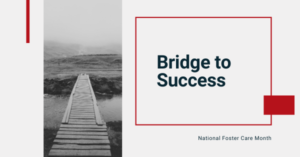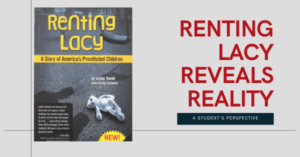![]()
 https://www.washingtonpost.com/nation/2024/08/19/chrystul-kizer-sentence-wisconsin-sex-trafficking/
https://www.washingtonpost.com/nation/2024/08/19/chrystul-kizer-sentence-wisconsin-sex-trafficking/
Chrystul Kizer’s story is one of victimization and survival. She was a victim of child sex trafficking, forced into a life of exploitation and abuse. However, she was treated as a criminal instead of being recognized as a survivor. The outcome of her case has been widely criticized, with many arguing that it fails to acknowledge her victimization and perpetuates an unjust system.
Shared Hope International Institute for Justice and Advocacy’s Senior Director of Public Policy, Christine Raino, J.D., strongly opposes the sentence imposed on Chrystul Kizer. Raino highlights the unjust treatment Chrystul has faced from the beginning and emphasizes the urgent need for Wisconsin to pass a Safe Harbor law. Raino states, “The outcome of Chrystul’s case is tragic because of the unwillingness to acknowledge her victimization. It is a sad reminder of the immediate need for the state to pass a Safe Harbor law to prevent more young people like Chrystul from having their status as a trafficking victim even debated.”








